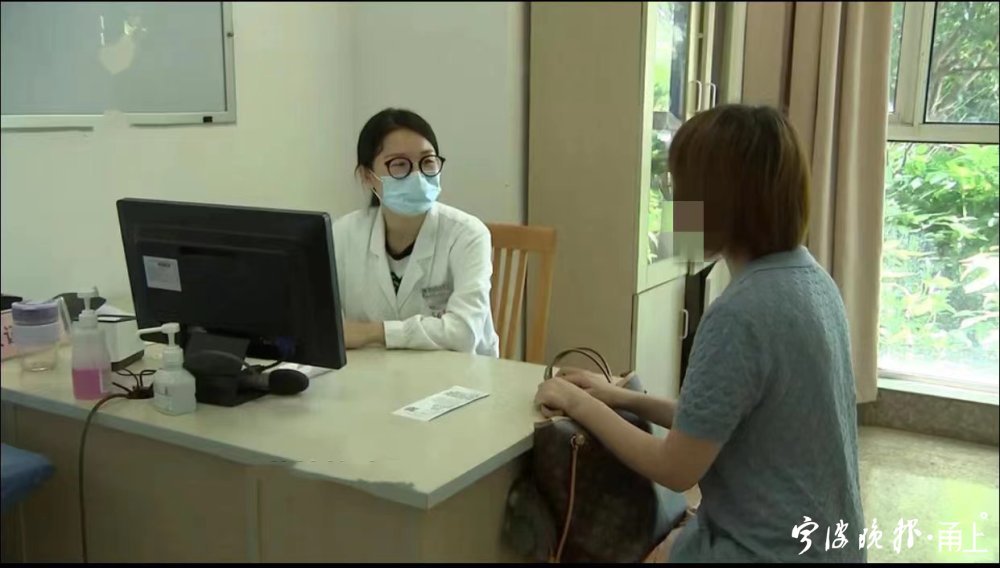Yanyi Medical Sciences | When dizziness and panic, diabetic patients should prevent hypoglycemia reactions
Author:Yan Medical Science Time:2022.08.12
Recently, Dr. Wu Chunming, the Department of General Medicine of Yanda Hospital, took a diagnosis of Ms. Liu with a history of diabetes for more than 20 years. She complained that she has been dizzy repeatedly at night, and she basically has no attack during the day, and occasionally accompanied by panic. After a detailed understanding of the history of Ms. Liu's disease, Dr. Wu Chunming suspected that Ms. Liu was a hypoglycemia reaction caused by excessive insulin and conducted medication and diet guidance. After a week after a review, Ms. Liu's dizziness was significantly improved.
What is hypoglycemia?
The standard of hypoglycemia is: blood glucose <2.8 mmol/L; for diabetic patients, blood glucose <3.9mmol/L is hypoglycemia.
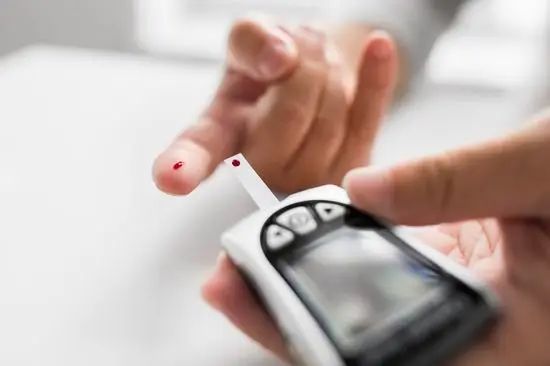
Why do patients with diabetes have hypoglycemia?
Diabetes patients are mostly caused by improper treatment. The common causes are the following:
The amount of hypoglycemic drugs (insulin or oral hypoglycemic drugs) is too large;
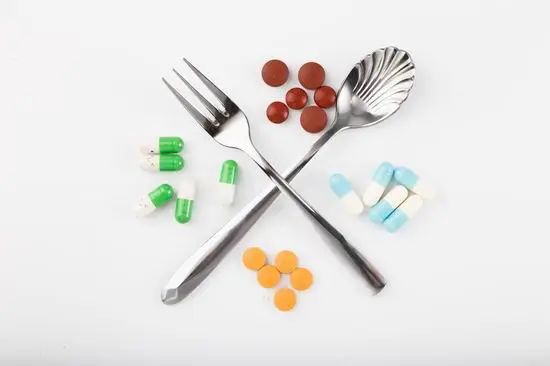
After injection of insulin, there is no time to eat or eat too little;
After the amount of exercise is increased, there is no corresponding increase in eating or reducing the amount of medication;
After treatment, the patient's own insulcation function was improved, but the amount of insulin was not adjusted in time.
What are the common symptoms of patients with hypoglycemia?
When the blood glucose decreases acute: symptoms are dizziness, panic, trembling hands, hunger, burnout, fatigue; sweating, anxiety, palpitations; hands, feet, lip numbness, or tingling; unstable walking, inconsistent energy, weird behavior, cognitive cognition Obstacles, convulsions, coma, etc.
When the blood sugar continues to decrease slowly: the symptoms are slow reaction, decreased hearing, memory, computing power, and judgment ability; the consciousness is hazy, drowsiness, and even unconsciousness. Comes, the worst and most dangerous of this hypoglycemia.
What should I do when hypoglycemia occurs?
When the patient can sit straight and swallow: immediately take sugar-containing foods, but do not excess, such as: 3-4 pieces of soft sugar, semi-listening cola or three soda biscuits, etc.; The situation has not improved, and you need to seek medical treatment as soon as possible.
When the patient cannot sit straight and swallow: Do not force him to sit straight or feed, so as not to enter the trachea by mistake and cause suffocation. Immediately call the 120 emergency call and go to the hospital for treatment.
How to prevent low blood sugar?
Monitor blood glucose: Monitor blood sugar regularly, and pay attention to your blood sugar changes at any time. Due to low blood sugar reactions at night, blood glucose should be tested before bedtime. If the blood glucose is low, you can add meals in an appropriate amount, and you can also avoid the rise of time and space glycemic in the morning.
Regulating medication: To use hypoglycemic drugs according to the doctor's suggestion, do not increase or decrease or stop the drug; contact the doctor in a timely manner to adjust the dose of the drug, especially the diabetes Patients; Insulin must be standardized.
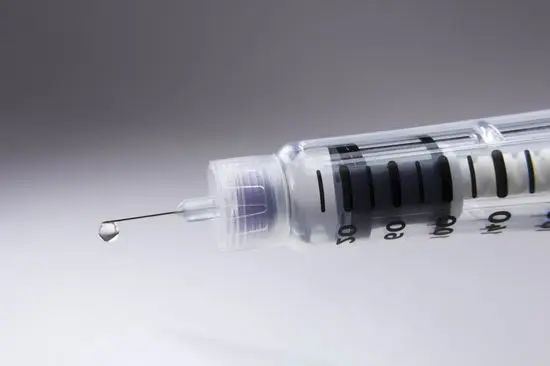
Law meals: Diet and quantitative time, keep a healthy diet, allocate meals, add meals, and control the total daily calories.
Healthy life: To develop good habits, quit smoking and drinking, and ensure sufficient sleep.
Reasonable exercise: Choose a way that suits you, such as walking, fast walking, playing Tai Chi, dancing, etc., 30 minutes each exercise, 150 minutes per week.
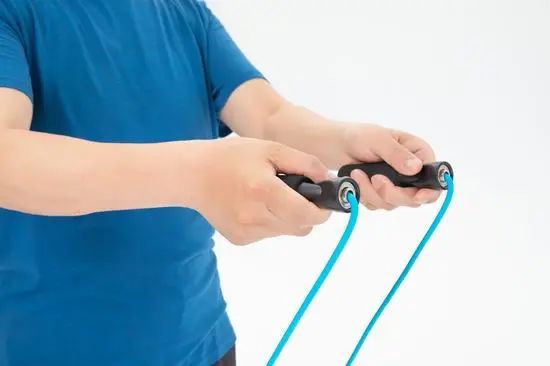
Medical as soon as possible: If hypoglycemia frequently occurs multiple times a week, you should seek medical treatment in time, clarify the cause, adjust the treatment plan, and avoid the occurrence of hypoglycemia.
"Some elderly patients with diabetes and patients with hypoglycemias who have frequently occurred for a long time may decline in the perception of hypoglycemia. There are no threats during hypoglycemia. In a state of coma, it is very dangerous. Therefore, it is necessary to monitor blood sugar, do not be lower than 3.9 mmol/L, do not change the dose of medication at will, do not excessively exercise, and eat at a regular way. "Dr. Wu Chunming reminded.
Wu Chunming, the Department of Medicine of General Medicine, guidance of Rong Media Writing
August 2022 (Yanxuan 07/Total 1236)

Yanxiang Wuzhou
- END -
A total of 500 reports!Domestic place: Railway station suspension of passenger entry and exit stations to ride business

On the evening of August 11, the latest notice of Jinhua released WeChat release: ...
Divided heatstroke is still divided into yin, summer and summer?Summer medicine cannot be used randomly!These knowledge is important
